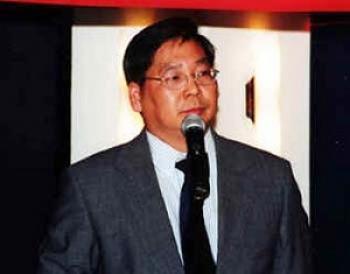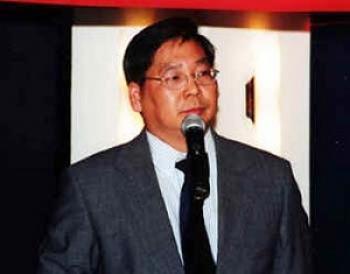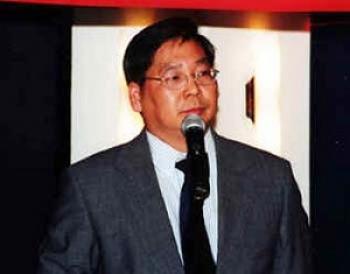Court Upholds Epoch Times Probe into Montreal Publisher
The Epoch Times won a decisive victory over Chinese newspaper publisher Crescent Chau after Chau sued The Epoch Times.

Crescent Chau, publisher of La Presse Chinoise. A judge said in a recent ruling that it was fair to suggest that Chau was acting as an agent of Beijing in his unsubstantiated defaming of Falun Gong in a high-circulation 'special edition' of his newspaper.
|Updated:






